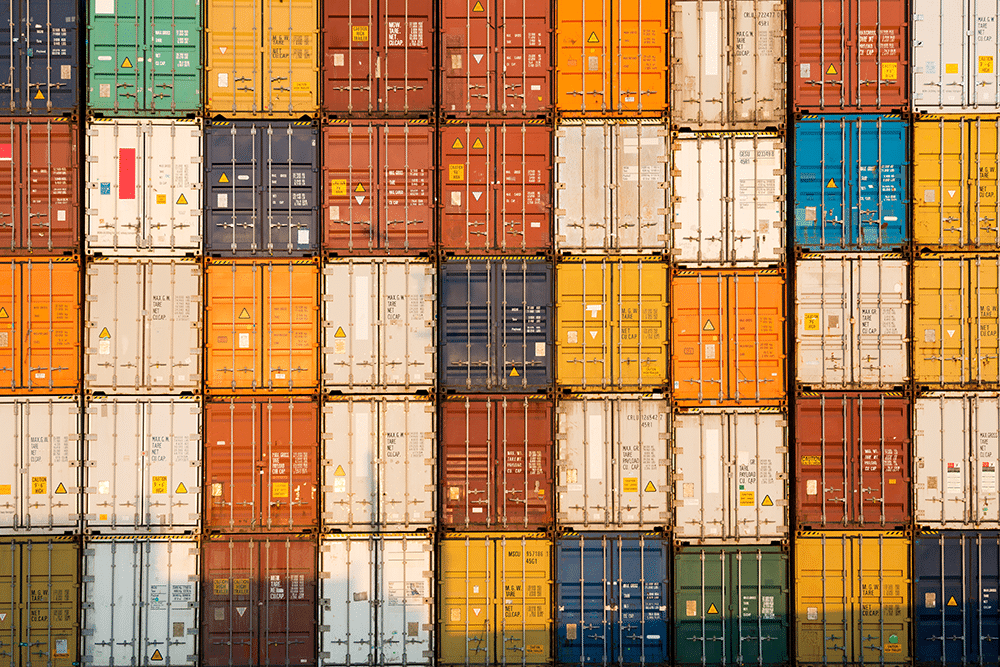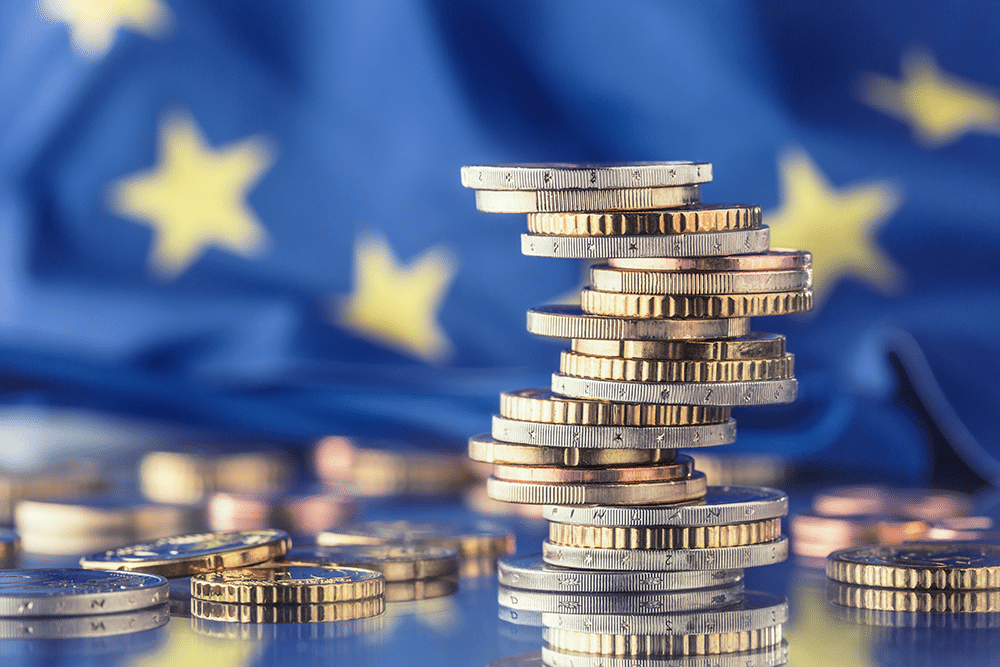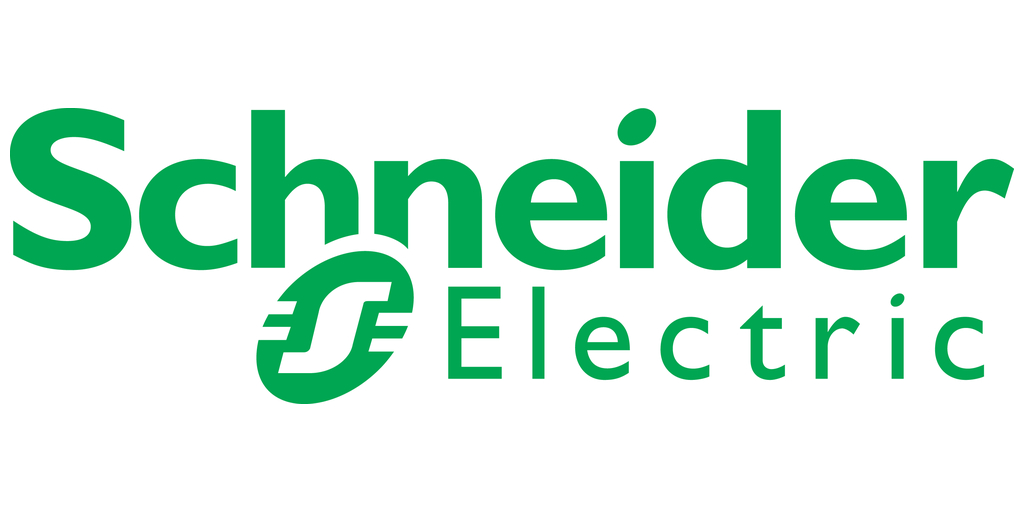The European Commission (EC) has begun to register hot rolled coil imports from several countries. The EU’s executive arm said the imports are the subject of an anti-dumping investigation for April 1, 2023, to March 31. The registrations concern imports of the flat rolled product from Egypt, Vietnam, Japan and India, the EU Official Journal stated on October 24 – one day before the scheme came into effect.
“The conditions for retroactive collection of duties will be assessed in the regulation, imposing definitive duties if any,” the journal noted. It also stated that the products stipulated in the monitoring scheme include iron, non-alloy steel or other alloy steel, either in coils, cut-to-length or narrow strip, and “not further worked than hot-rolled, not clad, plated or coated.” For the moment, anti-dumping measures are likely to continue. Subscribe to MetalMiner’s weekly newsletter and stay ahead of market shifts and anti-dumping measures with weekly market insights and macroeconomic news.
Anti-Dumping Complaints Regarding Steel Imports a Theme for 2024
The European Steelmakers Association, the body representing the interests of steelmakers within the EU, initially filed an anti-dumping complaint in June on behalf of more than 25% of production capacity for the flat rolled product within the 27-member bloc. The EC subsequently announced an anti-dumping investigation on the imports from those countries on August 8.

“For imports of the product concerned from Egypt and Japan during the period from January to December 2023, the allegations in the complaint requesting the initiation of an anti-dumping investigation estimate dumping margins from 30 % to 40 % and from 10 % to 20 %, respectively, and an average injury elimination level of 26 % and 29.3 %, respectively,” the journal noted.
The journal also stated that the estimated dumping margins on imports of the flat rolled product from India and Vietnam are around 10% and from 5% to 15%, respectively. As indicated by data from the journal, the average injury elimination levels are also 27.3% and 34.7%, respectively.
Are you on the hook for communicating your company’s steel performance to the executive team? See what should be in that report.
Prices Already Significantly Higher, EU Struggling
Mills were seeking €600 ($650) per metric ton EXW for HRC in late October, compared with €520–530 ($565-575) in late September, though industry watchers believed that there would be few takers. The latest offer is down by 25% from the €800 ($870) producers sought in January. One analyst told MetalMiner that imports from the Far East typically carry a discount of €20-40 ($20-45) per metric ton.

The economic slowdown in Europe and high interest rates within the eurozone have negatively impacted steel demand. This is particularly true of Germany, where various institutions are now forecasting GDP growth of 0.1% for 2024
The EU also imposed a 15% cap per quarter on the total allotment of HRC imports from its “Other Countries” category from July 1. The cap is to include Algeria, Malaysia, Egypt, Indonesia, Malaysia and Vietnam, due to surges from those countries.
MetalMiner’s free MMI report gives monthly price trends for 10 different metal areas, including copper, stainless, aluminum and precious metals. Sign up here.


